The Global Food Safety Initiative (GFSI) was developed in the 1990's and evolved into the current accepted ‘manufacturing’ schemes which includes SQF, BRC, IFS, GRMS & FSSC 22000. Safe Quality Food (SQF) is the predominate scheme in the USA, Canada, Australia, Japan, and Mexico. Meanwhile, British Retail Consortium (BRC) predominates in the UK, Europe, and several other Pacific Rim nations.
SQF straddles both primary producers and manufacturing, and it is the only scheme that has a standalone level of Food Quality; SQF, Edition 8. Combine these factors with its preeminence in North America, and we are going to focus on this specific GFSI recognized scheme and its impact on breweries.
SQF and other GFSI schemes (Global GAP, Primus GFS, and Canada GAP) have programs for primary producers that enable breweries to screen and utilize raw material suppliers that choose to adhere to proper GAPs. This includes a unified approach to ensuring their critical raw material suppliers are in compliance with recognized food safety and quality principles and programs.
The latest edition of SQF is Edition 8 (mentioned above). Edition 8 intentionally brings SQF in convergence with key FDA FSMA (Food Safety Modernization Act) preventive controls. This, in itself, makes it highly useful for brewery programs as well.
Exploring the Edition 8 Food Safety Fundamentals Manual, I will highlight critical modules and their significance in brewery operations. It is worth noting that SQF has distinct manuals for Manufacturing, Storage & Distribution, Primary Production, Food Packaging, Food Retail, and the Quality Code which can be found at the link sited below [1].
Module 2 provides important guidance for management commitment, document control and records including product specifications, and the overall food safety systems. The food safety system which, of course is HACCP based, mandates that the legislation, fundamentals, and plans are in place and strictly adhered to. Also, worth noting, Module 2 includes Food Quality System Verification (2.5) which will be discussed below in the next section.
Module 2 also contains Food Defense and Fraud (2.7) which are also very critical for FSMA. Malicious introduction of toxins, or chemical additives with the intent to sicken, injure, and possibly kill consumers is a concern for breweries. Producers who intentionally cut corners with ingredients to enhance market share or margins may be susceptible to Food Fraud violations.
Allergen Management [Module 2.8] is a major concern for the FDA in brewed products especially with the variety of novel recipes in the market today, many of which include several of the Big Eight allergens that can have significant-to-fatal consequences on consumers.
Training is another key component that’s mandatory both for SQF and FSMA. Be it training in basic GMPs, brewing processes, packaging, or quality parameters, all brewing establishments should have a robust, ongoing, yet evolving training program.
SQF, key GMPs, and Sanitation in Breweries
Module 11 embraces a variety of critical areas including Premises Construction & Equipment (11.2). This is quite comprehensive and includes material, surfaces of the brewery including floors, drains, walls, doorways, ceilings, lighting, pest control, ventilation, hygienic design of equipment, and utensils plus PM programs of environmental, and equipment units. Also, personnel clothing, hygiene and sanitary design and procedures (11.3). These are all significant GMPs for every brewery, and SQF provides a coherent framework here as well.
Cleaning and Sanitation (11.2.13) is essential and critical for every food and beverage operation including breweries. You need clear, concise, and accurate SSOPs that are jointly reviewed by the brewery and sanitation supplier to provide optimum hygiene with continuous improvement. In breweries this includes, viable, and evolving CIP systems from a time and labor perspective and accurate real-time data collection on every CIP cycle run in the Brewhouse, Cellar, and Packaging (11.2.13.1-4). This section of SQF Module 11 also focuses on the need for proper verification schemes for Pre-Op (11.2.13.5) as well as proper labeling, usage, and training of cleaners and sanitizers including their safe disposal (11.2.13.6-10) as well as storage (11.6.4) and storage of cleaned items.
[1] SQF Edition 8, Food Safety Fundamentals SQFi. 2018
https://www.sqfi.com/wp-content/uploads/2018/08/SQF-Code_Ed8Manufacturing1212017.pdf

